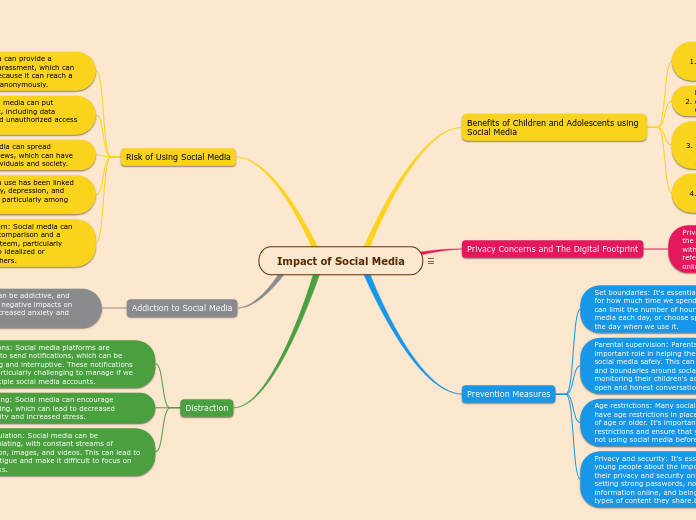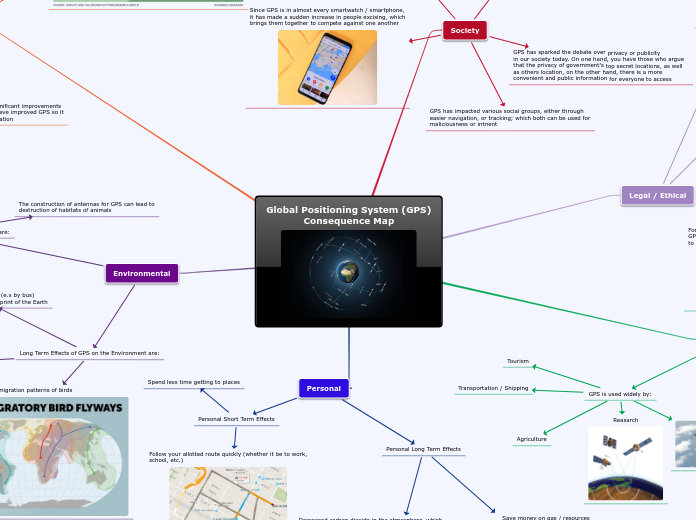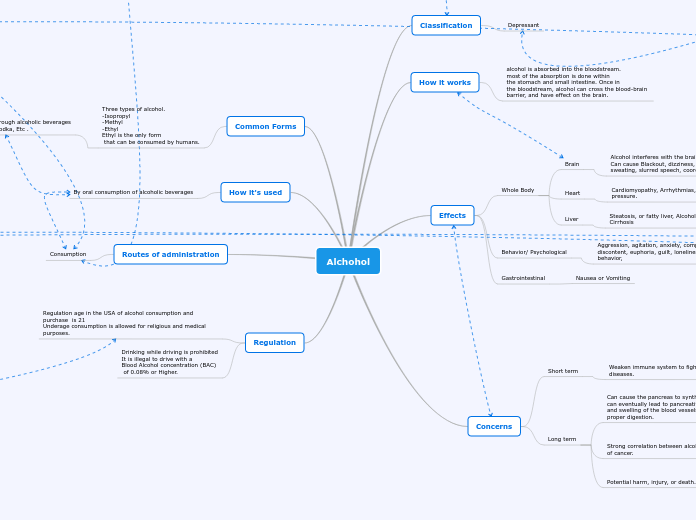by KHEM R. ADHIKARI 2 years ago
371
Impact of Social Media
The influence of social media on various aspects of life, especially among young people, is multifaceted. It is a double-edged sword with both positive and negative impacts. On the downside, it can foster cyberbullying, leading to significant emotional distress due to its capacity to reach a wide audience quickly and often anonymously.









